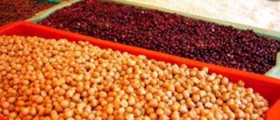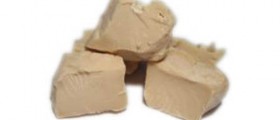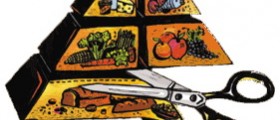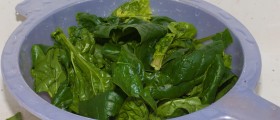
Low residue diet and its purpose
Low residue diet is very similar to the diet low in fiber, although it is a bit more restrictive, but what is important to know about this diet is that it is not intended for everyone. Since the main purpose is to prolong the intestinal transit time and reduce the activity of the bowels, it means that the people who are prescribed with it need to have the frequency and size of the stools reduced. The doctors prescribe it only under special circumstances and some of them are those when the patient needs to prepare for particular medical examinations that require that the bowel activity is reduced, such as colonoscopy, chemotherapy, or radiation therapy for certain parts of the body. On the other side, various digestive problems like bowel inflammation, Crohn’s disease, ulcerative colitis, as well as initial stages of the labor are only some of the conditions in which this diet is also suggested.
What food should be avoided when on low residue diet?
Low in fiber means that this diet should not contain more than 15 grams of fiber on daily basis, and on the other side, it should be rich in other dietary supplements since the food that is allowed in this diet is not rich in all the necessary nutrients that the body needs in order to function properly.
The list of foods that should be avoided is rather long, but items such as whole grain bread, cereals and pasta should definitely be mentioned as some of the most important since they are at the top of this list. Whole fruits and vegetables, as well as canned fruits and vegetable sauces should also be eliminated during this diet, and the same goes for dairy products such as pudding, ice cream, and similar. Milk and yogurt can be used, but not more than 2 cups a day. Nuts, coconut, peanut butter even, and marmalade should be excluded from the menu, too. The food items that are allowed include white rice, fruit and vegetable juices that do not contain pulp, poultry, fish, eggs, margarine, butter, honey, and jelly.
For additional and more detailed information regarding low residue diet, it is necessary to consult a doctor or dietitian, but it is important to be aware of the possible risks as well. The risks refer to the possibility that the body will be deprived of the necessary nutrients if this diet is used for a longer period, which is why something like that should not be even considered, unless the doctor suggests it.

















Your thoughts on this
Loading...